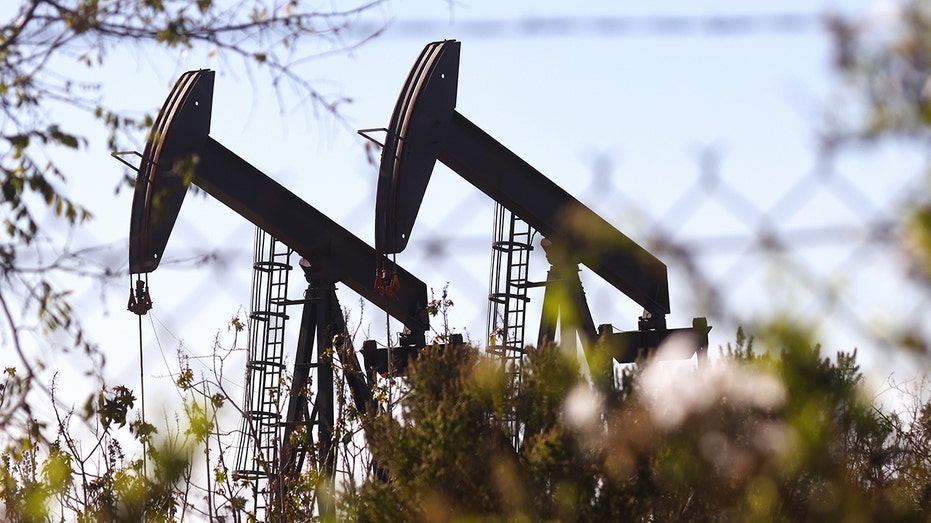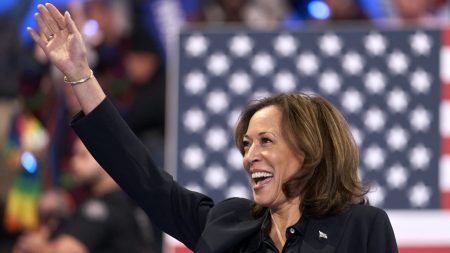The Biden administration’s efforts to restrict oil and gas production on federal lands are hurting the U.S. economy’s growth through inflation and higher energy costs, according to a leader of the American energy renaissance.
Harold Hamm, chairman and founder of Continental Resources and author of the book “Game Changer,” said in a Tuesday appearance on “Kudlow” that the federal government needs to “get on with the permitting” and “We need the moratorium taken off of federal lands, we’ve always developed federal lands.”
“What Biden did when he took all the federal lands – that’s 26% of the U.S. landmass – off the table, and about 35% of the productive capacity. So, they did that, and [what] did it do? You’re an economist – it drove inflation straight up, you know it cost more to consumers,” Hamm told host Larry Kudlow. Hamm’s firm pioneered fracking and horizontal drilling, techniques that made the U.S. energy industry more competitive with overseas rivals.
US OIL INDUSTRY GIANT WARNS DEMOCRATS’ GREEN ENERGY PUSH FUELS ‘DOOMED’ ECONOMY
President Biden signed executive orders shortly after taking office that imposed a moratorium on issuing new oil and gas leases on federal lands and offshore waters. The policy was challenged in court and the administration eventually allowed new leases to be issued under a revised program with higher royalty payments to the government.
The Biden administration also suspended operations on issued leases along with a moratorium on new leases in the Arctic National Wildlife Refuge (ANWR), pending an environmental review, a draft of which is expected to be released in the third quarter of 2023.
Hamm said those higher costs don’t go back down and are “very resilient,” adding, “I’m talking about the inflationary costs that we’re paying today, they never go backward. So, once you drive them up, there they’re staying, they stick.”
GOLDMAN SACHS SLASHES OIL PRICE FORECAST

Kudlow asked Hamm what price oil should be at to allow energy producers to generate profits and stimulate investment in the sector and whether $60 a barrel would be an economical target for them.
Hamm responded that oil should cost around $80 per barrel “because that’s what it takes to keep investing today in oil and gas.”
Oil prices hovered around $80 a barrel on Wednesday as U.S. crude futures closed at $79.49 a barrel while Brent crude futures closed at $83.20 a barrel.
The Energy Information Administration noted that U.S. crude oil inventories fell by 17 million barrels, which is the largest drop, according to records, dating to 1982. The reduction was attributed to increased refinery runs and strong crude oil exports.
Reuters contributed to this report.
Read the full article here









